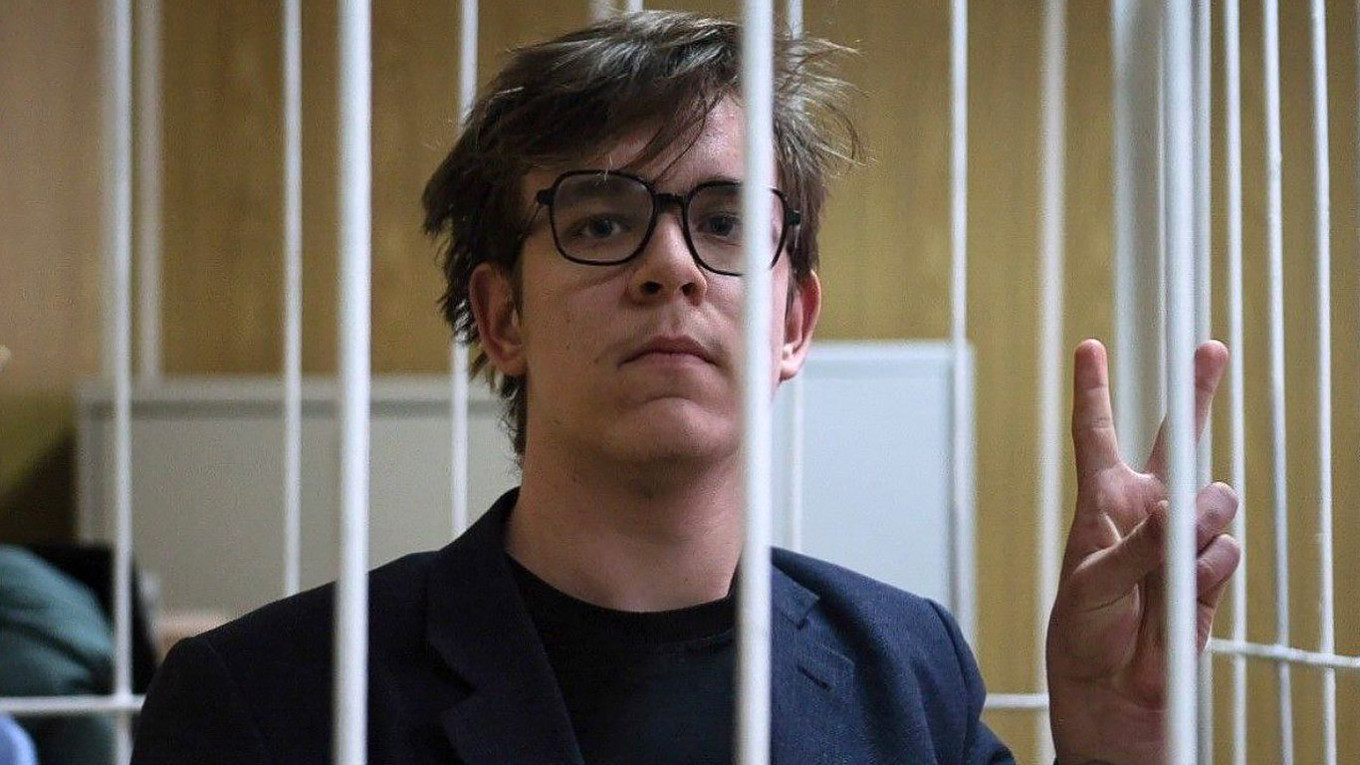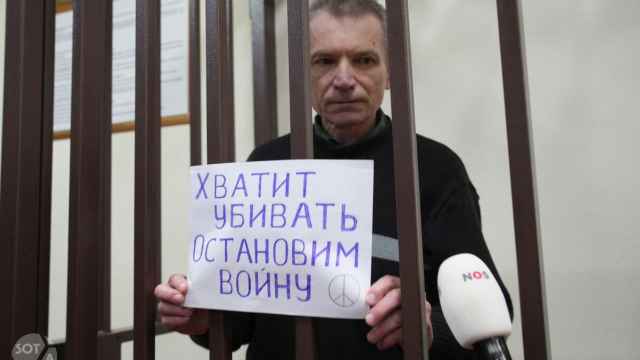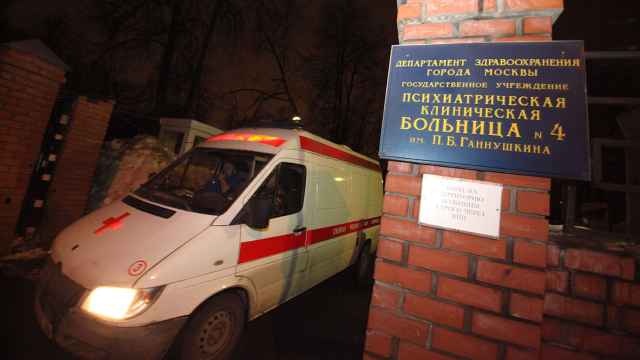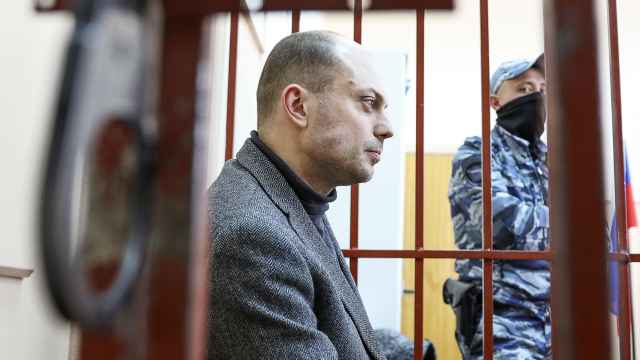An increasing number of Russian political activists have been placed in forced psychiatric treatment — a practice dating back to the Soviet era that involves confinement in mental hospitals.
According to rights activists, some political prisoners who have undergone this treatment report being subjected to humiliation, beatings and being injected with powerful antipsychotic drugs.
The number of political activists placed in forced psychiatric treatment in 2023 was five times higher than the average for 2021-2022, the independent investigative news outlet Agentstvo said.
People who undergo forced psychiatric treatment can be kept in hospitals until they are deemed cured by a commission of psychiatrists.
After the start of the war with Ukraine, Russia sent 86 people to forced psychiatric treatment, Agentstvo said in May, adding that “it is impossible to distinguish cases involving real illness from those that are politically motivated repressions.”
The Nobel Peace Prize-winning human rights watchdog Memorial says at least 49 people in Russia have been sent to forced psychiatric treatment in politically motivated punishment.
The Moscow Times takes a look at some of the most well-known cases of punitive psychiatry, all of whom have been designated political prisoners:
Maxim Lypkan, 19
Maxim Lypkan is one of the youngest political activists to have been sent to forced treatment.
The teenager from Moscow was charged over a Telegram post calling for a protest on the first anniversary of the invasion of Ukraine, as well as an interview with the U.S.-funded RFE/RL news outlet in which he said he had been “deeply shocked” by the invasion.
“I consider the war to be a betrayal of Ukraine by Russia. I was so shaken by the victims among the Ukrainian people in Kharkiv, Bucha and other Ukrainian cities that I decided to actively protest,” Lypkan said.
He was arrested in February 2023 for spreading so-called “fakes” about Russia’s military actions in Ukraine. Through his lawyer, Lypkan said he was facing psychological and physical pressure while in pre-trial detention.
He was transferred from a pre-trial detention center to a psychiatric hospital about eight months later.
Maria Semerenko, 38
Maria Semerenko from the Moscow region was sent to forced psychiatric treatment last year after she was accused of spreading “fake” information about the Russian army — a “crime” that carries a penalty of up to 10 years in prison.
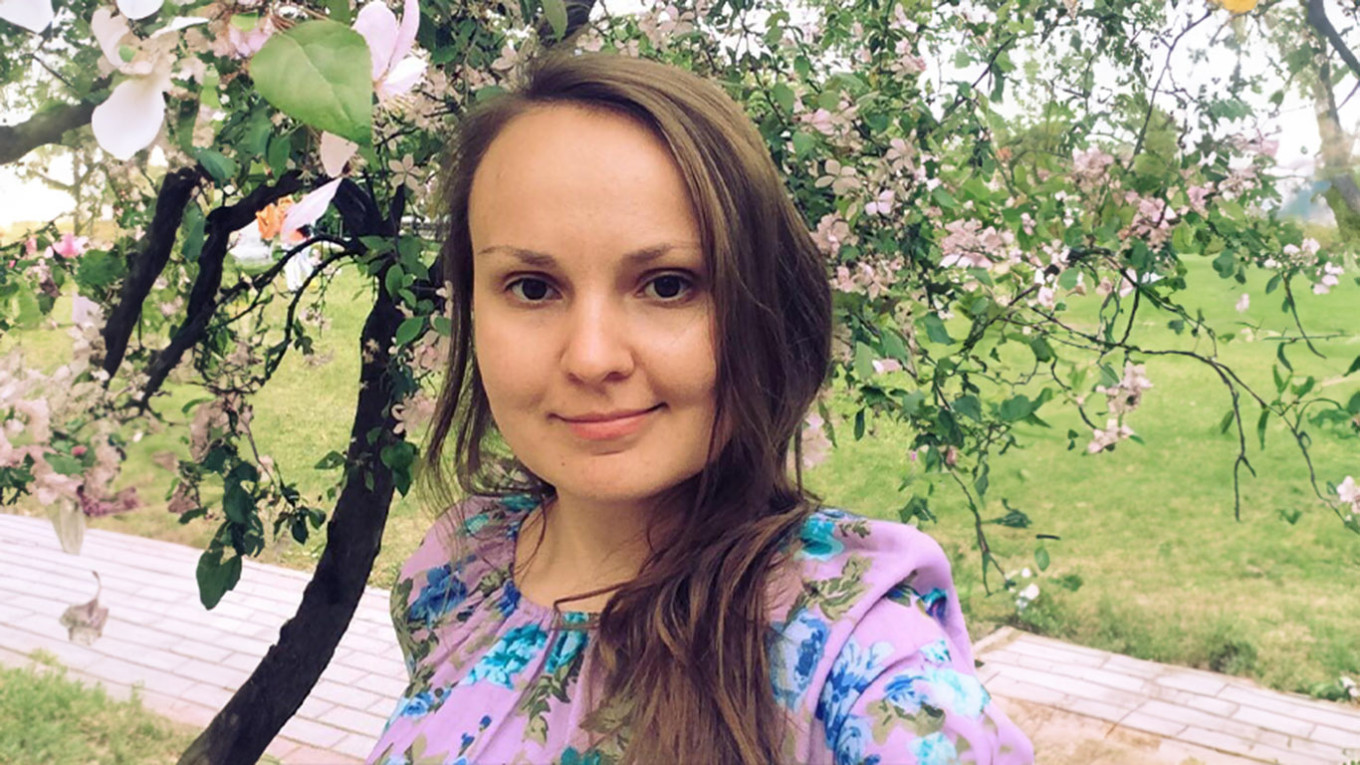
According to Memorial, the criminal case against Semerenko was opened over an Instagram post in which she allegedly spoke about the Russian army’s atrocities against civilians in the Kyiv suburb of Bucha in the early weeks of the invasion.
Moscow denies that its army was behind the atrocities in Bucha and has accused Kyiv and its Western allies of staging the scenes.
Andrey Gaevsky, 40
Andrey Gaevsky from Moscow was also sentenced this year to forced psychiatric treatment after a Russian court declared him mentally unfit.
Gaevsky was charged with spreading “fakes” about the Russian army’s actions in Ukraine for his post about the June 2022 Russian missile strike on a shopping center in the city of Kremenchuk that killed at least 20 people and injured dozens more.
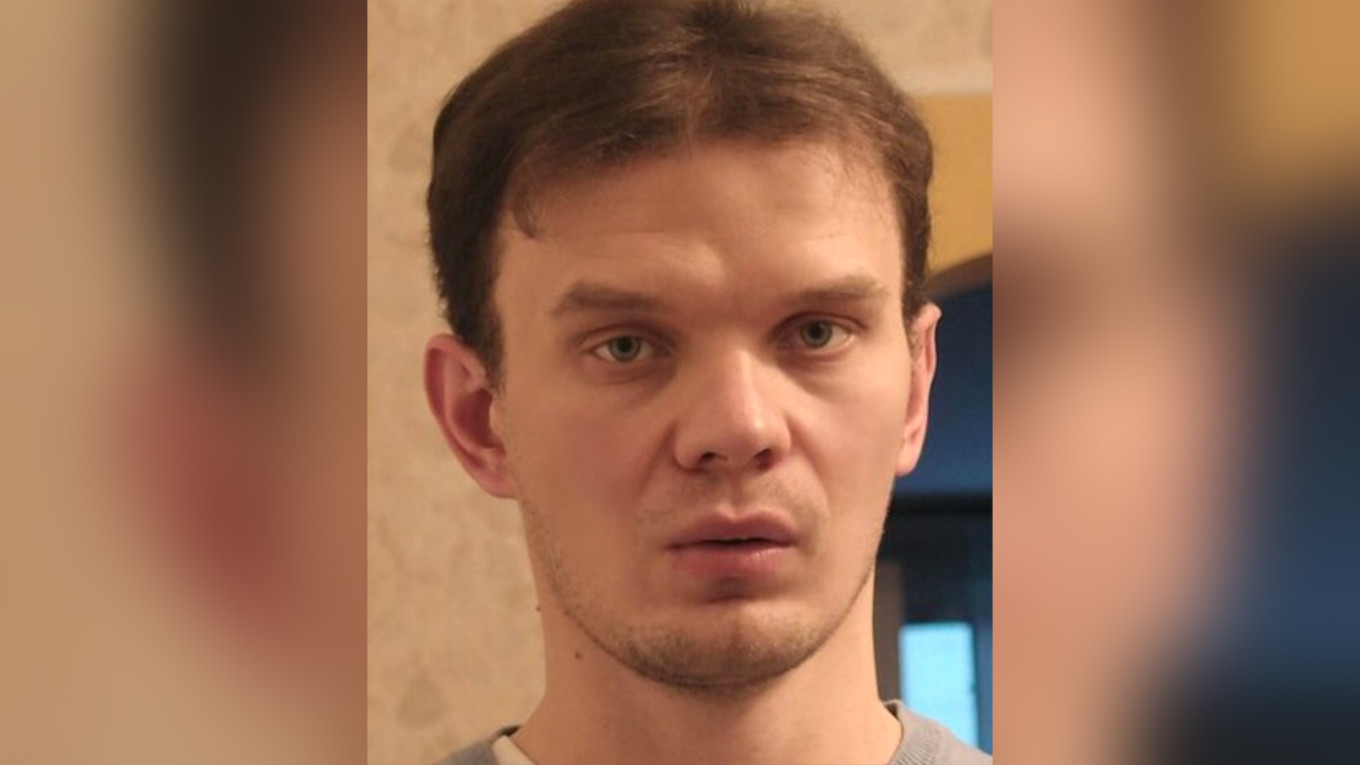
The criminal case stated that he was spreading “fake news” allegedly motivated by political hatred.
Gaevsky, who worked as a journalist and musician before his sentencing, has a second-degree disability.
Artyom Vatria, 29
Artyom Vatria from the Khanty-Mansi autonomous district was sent to a psychiatric hospital for forced treatment last year after a Russian court declared him mentally unfit.
Vatria, a Muslim by faith, was arrested alongside two other local Muslims in 2020 on terrorism charges that human rights activists view as “fabricated.”
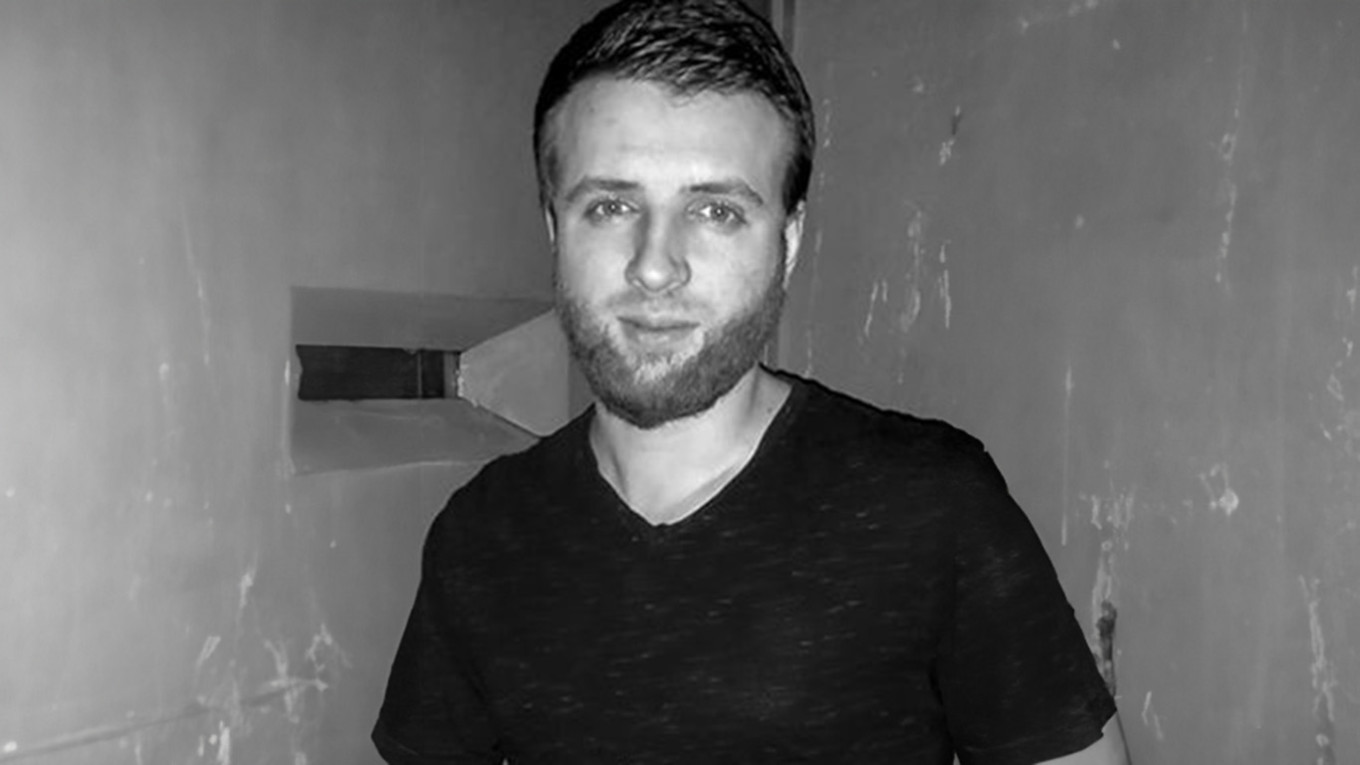
The three were also charged with the illegal possession of weapons and explosives, as well as the manufacture of explosive materials. The defendants claimed that the devices were planted on them.
Memorial said that the case was fabricated and politically motivated.
The case “fits into the broader agenda of Russian security forces to dismantle independent Muslim communities under the pretext of combating extremism and terrorism,” Memorial said.
Vatria is still at the mental hospital.
A Message from The Moscow Times:
Dear readers,
We are facing unprecedented challenges. Russia's Prosecutor General's Office has designated The Moscow Times as an "undesirable" organization, criminalizing our work and putting our staff at risk of prosecution. This follows our earlier unjust labeling as a "foreign agent."
These actions are direct attempts to silence independent journalism in Russia. The authorities claim our work "discredits the decisions of the Russian leadership." We see things differently: we strive to provide accurate, unbiased reporting on Russia.
We, the journalists of The Moscow Times, refuse to be silenced. But to continue our work, we need your help.
Your support, no matter how small, makes a world of difference. If you can, please support us monthly starting from just $2. It's quick to set up, and every contribution makes a significant impact.
By supporting The Moscow Times, you're defending open, independent journalism in the face of repression. Thank you for standing with us.
Remind me later.



